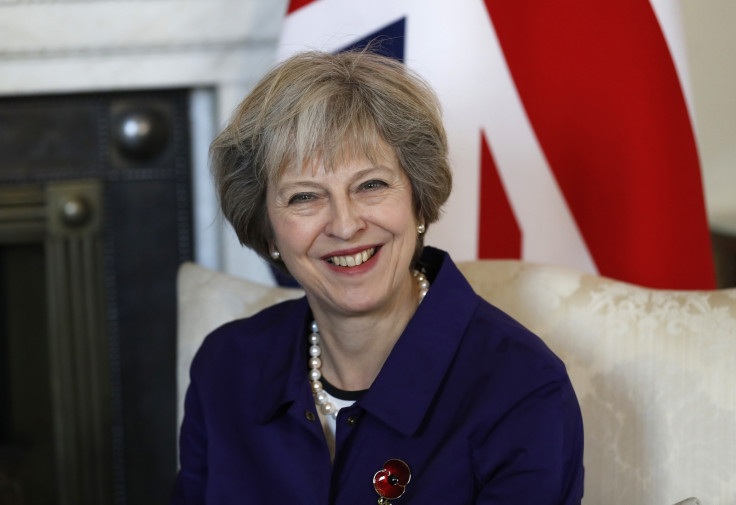Theresa May to kick-start India visit as immigration dilemma lingers
British PM accompanied by 40-member delegation on her first bilateral visit outside Europe.

Prime Minister Theresa May is set to land in India with tricky trade talks ahead. New Delhi would also be keen to push for more immigration post-Brexit. Accompanied by several business leaders and government representatives, this is May's first-ever bilateral visit outside Europe since she assumed office.
One thorny issue will be the immigration policy, implemented by May when she was the home secretary. Initially, non-EU graduates were automatically allowed to stay for two years under a post-study visa programme but it was revoked in the last policy overhaul and Indian students have been one of the hardest hit.
The British prime minister, who is now facing domestic challenges over the Brexit moves, will hope to set a free trade deal in motion with India, the world's fastest-growing economy, as soon as the UK leaves the EU. A tougher immigration stance is likely to block any progress on the trade front.
"Indian students and people-to-people relations are important pillars of India-UK ties. In the last five years or so, the number of Indian students enrolling in UK universities has gone down by almost 50%; from around 40,000 to about 20,000 now. This has happened because of restrictions on post-study stay in the UK.
"We will continue to raise our concerns regarding mobility with the UK. [The] Mobility of people is closely linked to [a] free flow of finance, goods and services," India's external affairs ministry spokesperson Vikas Swarup told the Observer.
As many as 40 delegates are accompanying the prime minister on her two-day visit, which officially begins on Monday (7 November). Initially, over 100 delegates were expected to take part.
Prior to the commencement of her visit, May said: "When I took office, I said that the mission of this government would be to forge a bold new positive role for the United Kingdom in the world and make Britain a country that works not for a privileged few, but for every one of us. And that's exactly what I will be doing this week – leading my first trade mission to India, with small businesses from every corner of the country, as we seize the opportunities of leaving the European Union.
"Because while others seek to tie our negotiating hands, the government will get on with the job of delivering the decision of the British people. It was MPs who overwhelmingly decided to put the decision in their hands. The result was clear. It was legitimate. MPs and peers who regret the referendum result need to accept what the people decided."
© Copyright IBTimes 2025. All rights reserved.






















